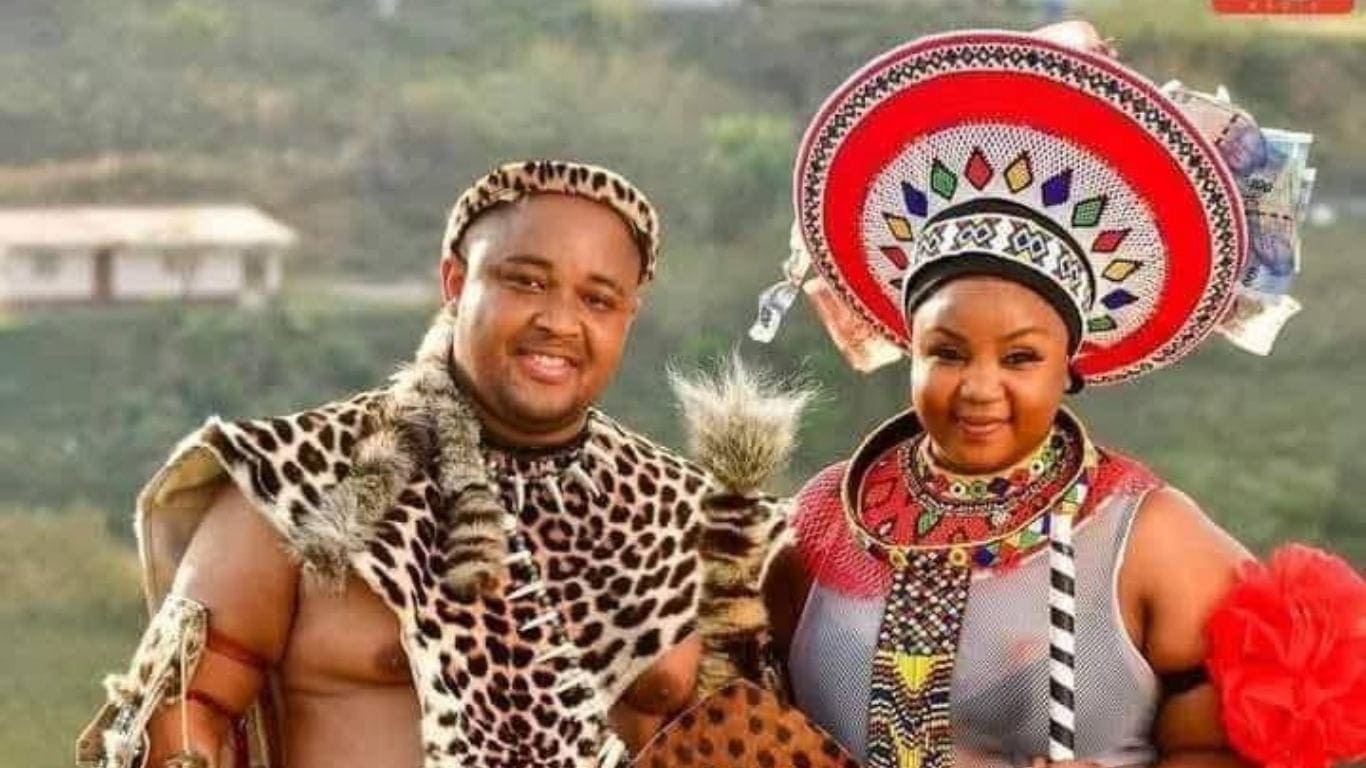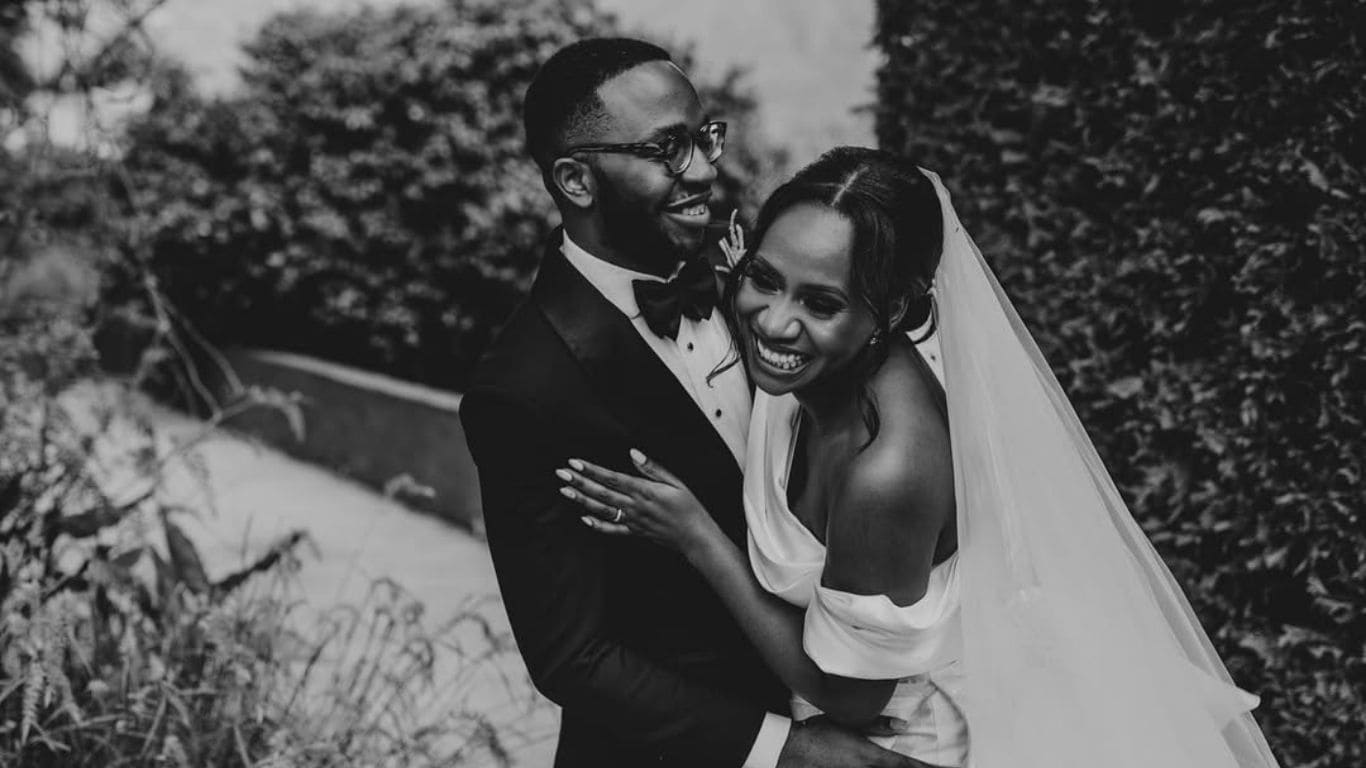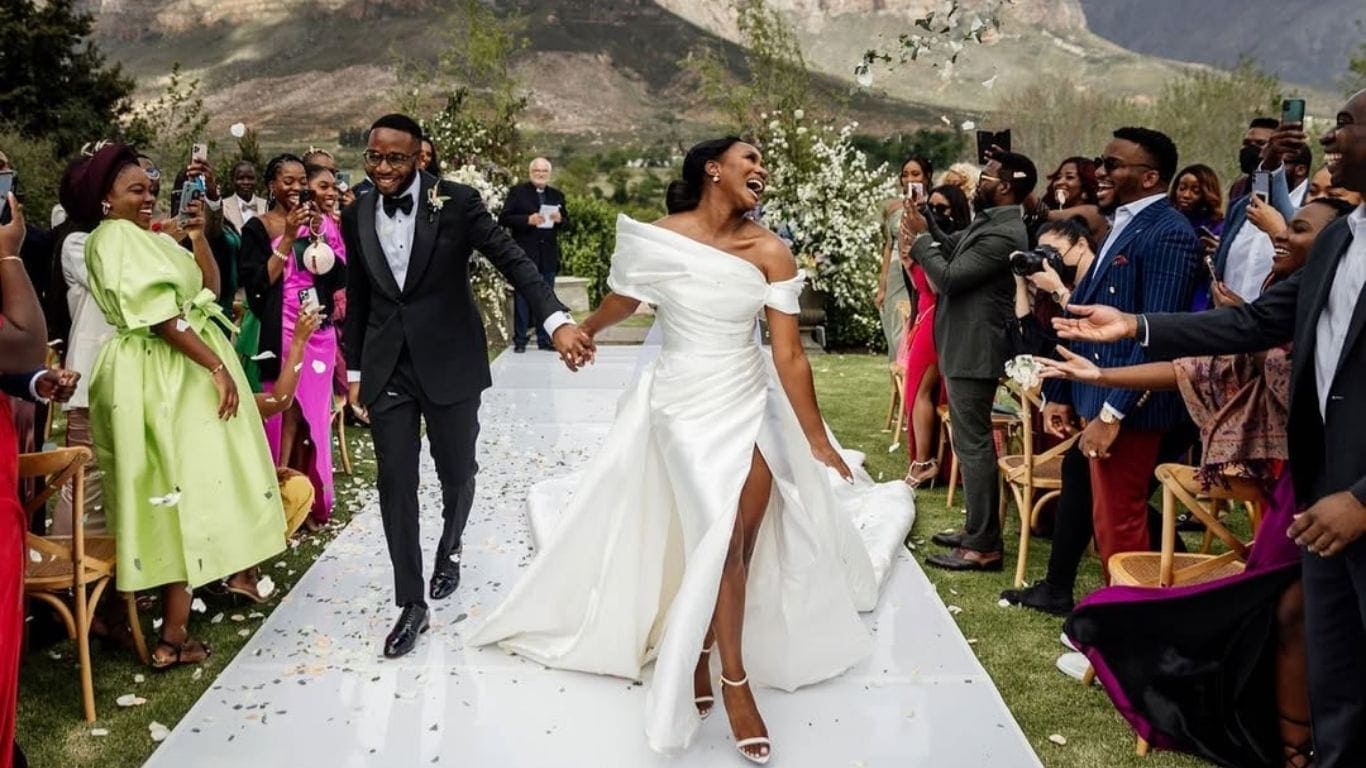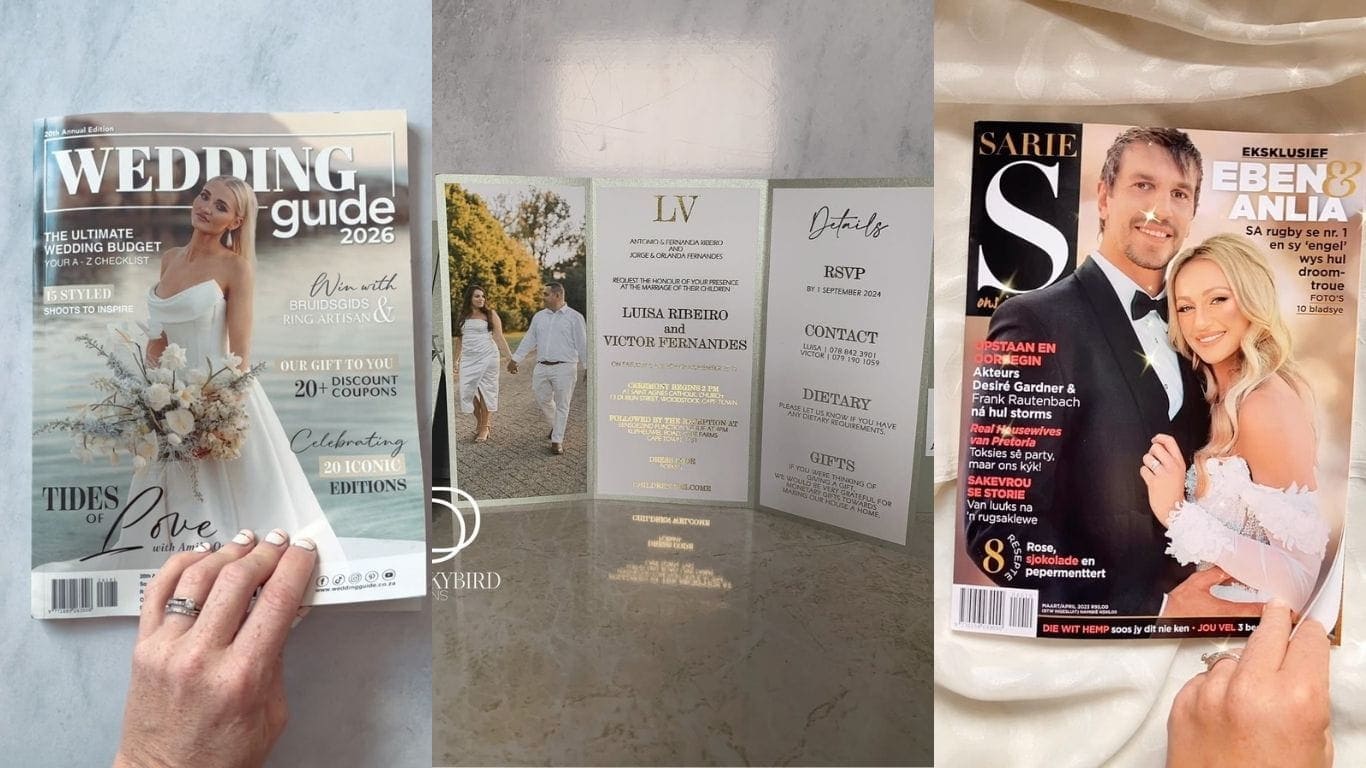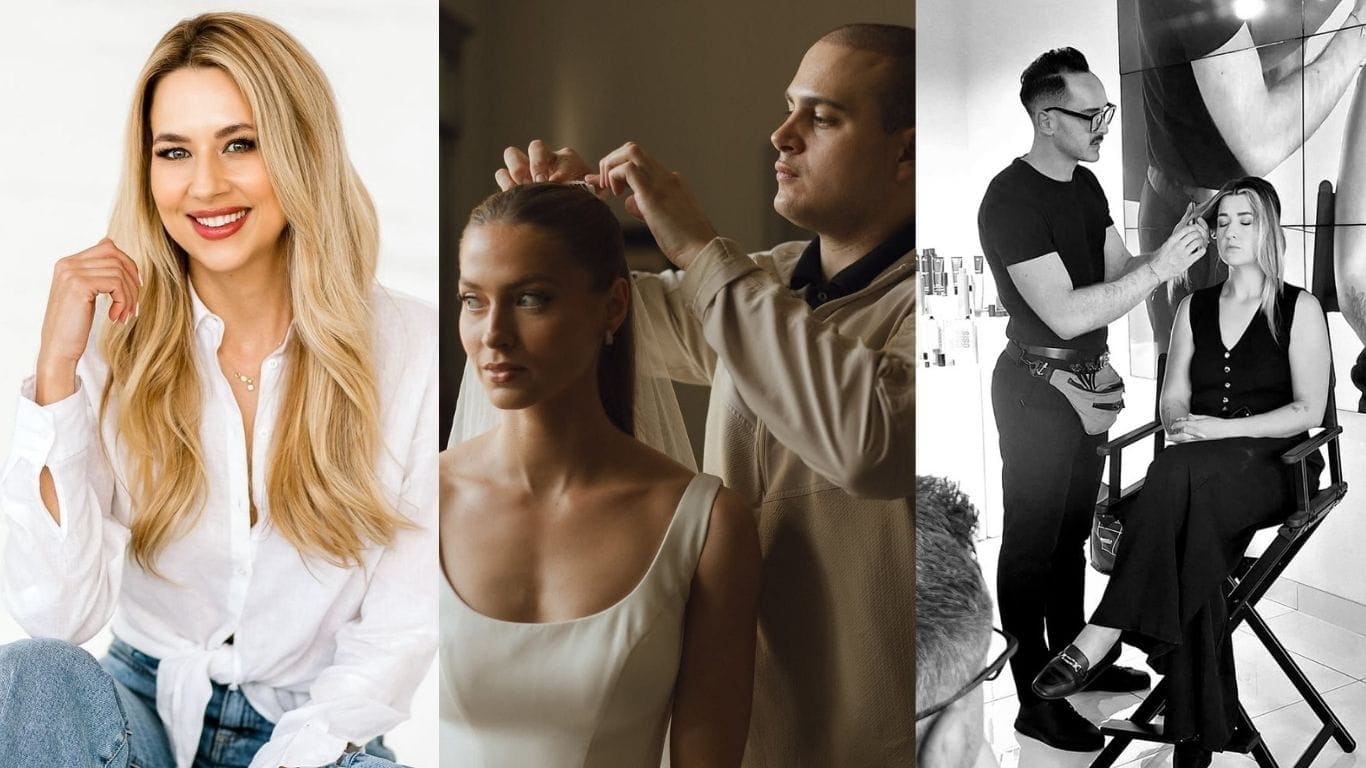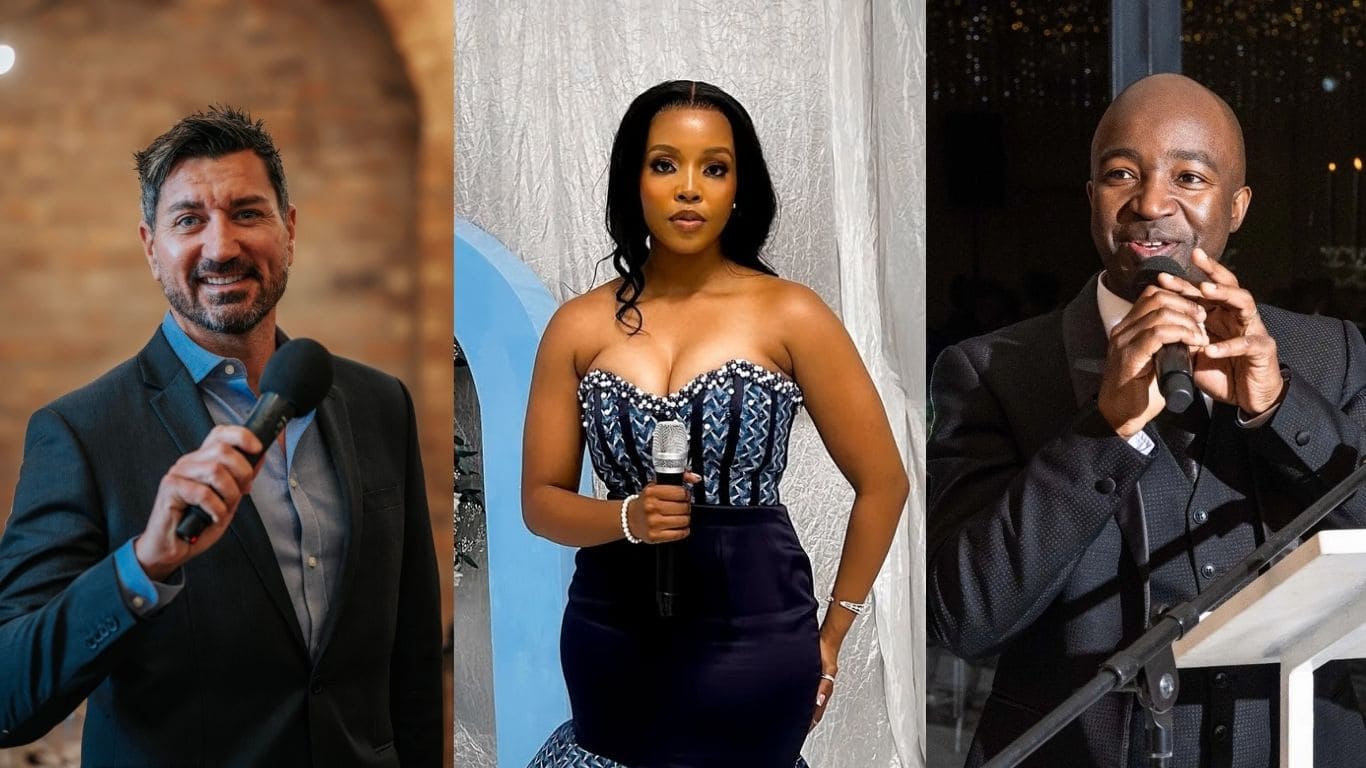Modern wedding ceremonies can be extremely expensive, so who covers the bill? Exploring the bride, groom, and their families’ financial landscape.
In Ghana, weddings are extremely important. They symbolize the coming together of families and communities and are more than just the union of two people. They are elaborate celebrations that embody the nation’s values and rich cultural heritage.
Ceremonial rituals, vibrant clothing, and lively dances all contribute to making the wedding a memorable event that starts a journey that will never end.
Over time, these celebrations have undergone a modern metamorphosis, evolving from traditional modesty to opulent affairs.

The Evolution of Ghanaian Weddings: From Modesty to Opulence
Ghanaian weddings have witnessed a remarkable transformation from the simplicity of the past to the grandeur of the present. Traditionally, weddings were characterized by modesty, with a focus on cultural rituals and familial blessings. However, the winds of change have blown through, ushering in an era of opulence. The desire for “high-key” weddings, characterized by lavish venues, extravagant decorations, and luxurious receptions, has become a prevalent trend.
The fact that many Ghanaians now choose to marry for love and that this decision is frequently made by the couple themselves is another example of how marriage has changed over time in Ghana. In the past, parents would choose a suitable partner for their children based on social standing, financial security, and family history.
Opulent ceremonies often include elements like professional photography, exclusive pre- and post-event photo shoots, and elaborate receptions that contribute to the overall expenditure.
As Ghanaian weddings have embraced modernity, the financial landscape has become a focal point of discussion, sparking curiosity about the distribution of financial responsibilities among the yet-to-be couple and their families involved.

Discussing Who Pays for the Wedding
The question of who foots the bill for a Ghanaian wedding is multifaceted and often depends on various factors, including cultural traditions, family dynamics, and the financial capabilities of the families involved.
Today’s couples must do their best to decide how they want their weddings to be and set their budget. “Budget should be the first discussion couples have together and with their families, otherwise, you are planning in a bubble that may not be your reality,” says Jove Meyer, a wedding planner. “I know it is not fun or cute to talk about money, but it is super important, as it informs all of the other decisions around your wedding.”
Traditionally, the financial responsibility was shouldered by the bride’s family, covering expenses such as the ceremony, decorations, and the bride’s attire. The groom’s family, on the other hand, assumed responsibility for the engagement and bride price.
However, as Ghanaian weddings have modernized, the lines of financial responsibility have blurred. Many couples now opt for a more collaborative approach, with both families contributing to the overall expenses. The desire for financial independence has also led some couples to take on a more significant role in financing their weddings, sharing the financial burden with their families.
“The heteronormative gender roles for who pays for a wedding are changing,” says Meyer. “They are much more modern and equal, taking into account both families’ resources, guest lists, expectations, and the wedding location, as well as the resources and wants of the couple.” For same-sex couples with either no bride or two brides, the rules are not applicable, adds Meyer: “Families must discuss and be open and honest about what is possible for them.”
Who pays for a Ghanaian wedding? A Deep look into the ceremony’s Financial Landscape
In our previous article, JanaTribe dived into how much a typical Ghanaian wedding can cost today and outlined the possible reasons it can cost a fortune to get married currently. For a future couple and anyone doing research, read about the cost of a Ghanaian wedding here.
In the early 1990s, costs were “unfairly” divided; however, modern couples finance their weddings in their own ways. Typical costs include the following:
The Knocking Ceremony
The “Knocking Ceremony,, locally known as the “Kokooko,, or the “Opon-akyi bo, is a Ghanaian pre-wedding custom that preludes to the union. Here, the groom, accompanied by his family, visits the bride’s family to formally inform them of their son’s wish to marry their daughter. It serves as an introduction between families.
At this meeting, a dowry or engagement list, which comprises gifts like clothes for the bride, jewelry, money, or other items, is presented to the groom. Also, the “bride price” is negotiated by the families to agree upon the amount to be paid by the groom’s family.
This negotiation is a symbolic gesture, emphasizing the mutual respect and commitment between the two families.
Respectfully, the groom must present the bride’s family with a token or gifts at the end of the introduction stage.
Traditional wedding
At the traditional wedding, the groom and his family present all the items included in the dowry.
He also gifts the bride’s family with money, mostly the amount they discussed at the “knocking ceremony” or a reasonable amount. Unless the groom is wealthy, he must talk with his family elders so as not to give any small amount to the bride’s parents.
Customarily, the bride’s brothers are also given money, called Akonta Sekan, for protecting their sister.
White wedding
What does the bride’s family pay for? The bride’s family traditionally pays for the majority of the wedding-related expenses, from the engagement party to the newlyweds’ getaway car.
According to Christin Gomes and Ida Gibson, PhD, of Common Courtesy, these costs have typically included:
- Engagement party
- Wedding planner
- Invitations and day-of-stationery
- Photography and Videography
- Venue
- Bride’s attire (and all accessories, including veil)
- Ceremony and reception floral arrangements, décor, and rentals
- Food and drink
- Wedding cake
- Guest transportation
- Travel and lodging costs for bridesmaids and officiants
- Most other reception expenses
Per TheKnot, the biggest expense that the parents of the bride (traditionally) pay for is the wedding ceremony. The venue, décor, and music are all integral parts of the ceremony
A few costs can also be taken care of by the couple’s friends. If they are super lucky, the maid of honor and bridesmaids host the bridal shower and bachelorette party, the best man and groomsmen host the bachelor party, and friends may throw additional engagement parties or showers.
What does the groom’s family traditionally pay for? The groom’s family has traditionally picked up the tab for fewer wedding items, which have included:
- Marriage license and officiant fee
- Corsages and boutonniéres for family members on both sides
- Lodging for groomsmen
- Rehearsal dinner costs
- Reception alcohol (optional)
- DJ or band (optional)
Rehearsal dinners used to range in size from a small, wedding-party-only occasion to a larger soirée that included half or more of the wedding guests. Now, though, as many couples opt for welcome parties that are open to all of their guests, the groom’s parents aren’t expected to take on the entire cost, MarthaStewart reports.
What does the bride traditionally pay for? In the past, the bride would personally pay for:
- Wedding flowers and gifts for the bridesmaids
- All hair and makeup costs
- Groom’s wedding band
- Groom’s wedding gift
While these expenses are still typically covered by most brides, many modern women also contribute to the overall costs of the ceremony and reception.
What does the groom traditionally pay for? Traditional expectations for the groom’s financial contribution include:
- Engagement and wedding rings
- Marriage license and officiant fee (if not covered by parents)
- Bride’s bouquet
- Groomsmen’s boutonniéres and gifts
- Bride’s wedding gift
- Honeymoon
Ring selection, for instance, is done by the couple, and traditionally, the groom pays for both the bride’s rings while she pays for his. But these days, the couple pays for them all, no two ways about that, Ghanaweddingmarket reports.
Post-wedding trips and honeymoon
Today, couples often share the costs of their post-wedding trip, incorporating honeymoon and wedding spending into their big-picture financial plans.
Conclusion
As Ghanaian weddings become more modern and traditional, the journey becomes more than just a cultural ritual; it transforms into a joint effort to create lasting memories. In this evolving landscape of Ghanaian weddings, financial responsibility is no longer constrained by rigid traditions but rather reflects a dynamic interplay of cultural heritage and contemporary aspirations. Simply put, the cost is a shared effort among the groom, bride, and their families.
Maxwell Jennings


